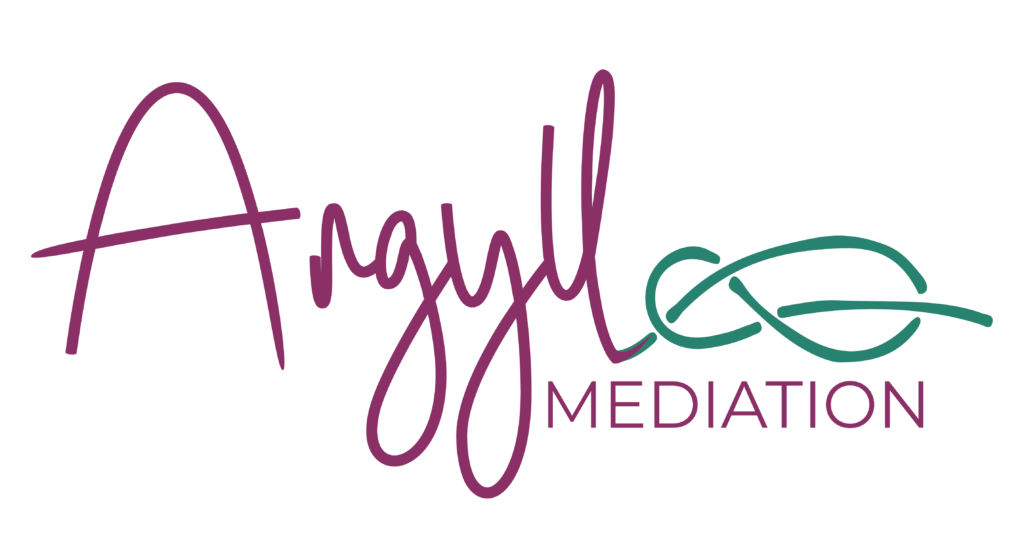
The family mediation process in Australia involves both parties listening to each other’s point of view without any disruption, identifying issues that require to be resolved immediately, sharing relevant information with each other, testing possible solutions to the problem, and writing the decisions and agreements arrived during the process.
MEDIATION AFTER SEPARATION
There are new steps included in the family court process. After the interim hearing, parties will have another opportunity to attend mediation in Lismore for parenting and property matters. Previously, mediation was only required at the pre-filing or pre-action stage. Now, separated parents can try again once the court process has started.
Many parents regret getting ‘caught’ in the process and wish they could have backed out of the stress, cost and time taken to get through the court process. The court will also be doing a readiness and compliance check after filing to make sure that the parties have made genuine attempts to resolve their dispute outside of the court processes.
Here’s the 2 step mediation process for family dispute resolutions that is proven effective and that Argyll recommends and uses:
Step 1: Getting to know you and the situation
I meet with you online or via telephone for about an hour to understand your situation. Then I meet with the other parent the same way for about an hour and understand the situation from their point of view. You can include your new partner to this conversation or a support person. The more I know about your situation, the better I can mediate a fair agreement.
Everything you say to me is confidential – I won’t disclose to the other parent what either of you say.
Step 2 – The mediation (In person)
After I’ve met both of you separately, the three of us meet and mediate. We set a list of things you want to talk about, like, who picks the kids up, what days do they stay at whose house etc.
This is when you bring up the things that aren’t working well. Maybe you want to make an agreement on how often you’ll send texts or what you talk about. It’s your mediation – it’s up to you.
Items can include questions like How will we communicate changes to each other? Who will take care of the children if one parent can’t? Can both parents attend school events even on the other parent’s care days? How will we spend Christmas? How long can one parent take the child overseas?
The price includes up to three hours of mediation and a draft parenting plan, or a section 60I certificate, if needed.
Please feel free to call or email with any queries you may have.
PROPERTY AND FINANCIAL SETTLEMENTS:
A financial and/or property settlement is to be inclusive of all the property that belongs to each partner, after separation or divorce. Items included in a property settlement are: Property, belongings, money, shares and other investments.
Preparing for property / financial settlement after separation or divorce uses a 4 step process:
- Disclosure
- Contributions
- Future needs
- Just and equitable
Disclosure is when you list all the assets and major belongings you brought into the relationship, acquired during the relationship and acquired after separation. Write them all down and give each a dollar value. Add them up. Then do the same for all the debts and liabilities. Subtract the liabilities from the assets and you have the Net Asset Pool. This is what you are going to mediate about.
Contributions are what each of you brought into the relationship and what each of you have put into the relationship including financial and non-financial.
The future needs of each party are worked out by considering things like having children in your care or whether you are able to support yourself financially after separation.
A just and equitable settlement is when the above three components have been taken into account fairly.
The mediator doesn’t consider evidence, because we are impartial. If there is disagreement between you about the value of an asset or debt, for example, you will need to show each other evidence. The mediator can assist you to come to an agreement.
Agreements reached in mediation are not legally binding, but you can apply for consent orders. Argyll can walk you through this process.
Consent Orders are legally binding and final … except … if you hide an asset and don’t disclose it to the other party, like a second superannuation account, and the other party finds out later, any agreement or court orders can be revisited. It’s important for all parties to make a full and frank disclosure.Lismore
Let's get started
When you choose Argyll you’ll be working with an experienced, trustworthy and affordable family mediator to help you establish a parenting agreement that’s not just focused on the best interests of your children, but also tailored to meet your family’s specific needs.
Mediation Locations:
MP's The Meeting Place in Molesworth St, Lismore
Times available: Regular office hours Monday - Friday.
With a minimal waiting list, we can meet with you and handle your case quickly.
- Flat fee of $580.00 per person- only additional expense is room hire if required
- Pre-mediation and preparation via email and phone
- Up to 3 hours of mediation and agreements prepared in plain English or legal language as required
- Inclusive practice. LGBTIQ clients welcome
For more information or to book your initial consultation, contact us today.
Ph: 0448 837 372
Argyll Mediation assists with Family Dispute Resolution in Lismore and services clients in Ballina, Casino, Mullumbimby and Murwillumbah.
Email Tess here

